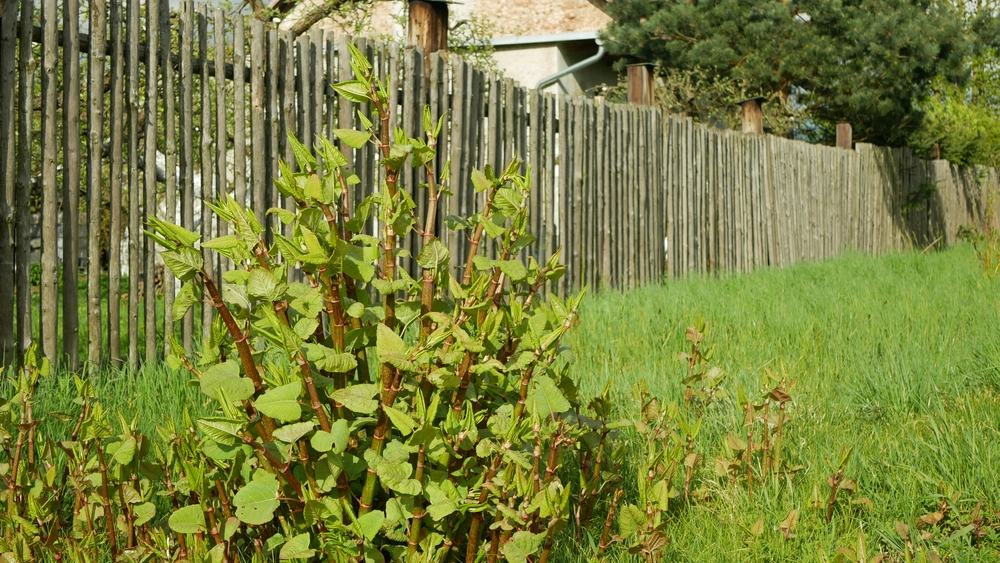
A knotty situation! How can landowning charities deal with Japanese knotweed?


A recent Court of Appeal judgment confirmed that where Japanese knotweed has encroached from another property or has not been declared on sale, it is possible to claim damages for any resulting reduction in property value.
Why is Japanese knotweed a problem?
Japanese knotweed is a highly invasive species of plant which spreads via underground rhizomes, and which pushes out other plants and damages masonry. It is not illegal to have Japanese knotweed on your property, but it is a controlled substance in the UK. This means that it can only be disposed of by specific means, that you must not allow it to spread to neighbouring properties and that sellers of land are legally required to declare its presence.
What happened in the recent case?
In the recent case of Davies v Bridgend County Borough Council, the Court of Appeal overturned an earlier ruling, that a reduction in value of property amounted to irrecoverable economic loss. Instead, the Court of Appeal held that such losses could be recovered for example where the defendant seller failed to inform the claimant of the existence of Japanese knotweed or where the owner of a neighbouring property allowed Japanese knotweed to encroachment from their own land.
The facts of the case are themselves interesting as they could apply to may properties across the UK. The claimant owned a terraced house with a garden wall which adjoined an embankment leading down to a cycle path on an old railway line. As is common on rail corridors, there was Japanese knotweed present by the cycle path. When the claimant bought his property, the knotweed had encroached from the defendant’s land via rhizomes growing under the garden wall. He first became aware that Japanese knotweed might be a problem in 2017, and in 2019 a letter of claim was sent, making a claim against the adjoining landowner.
What does this mean for the future?
The ruling potentially paves the way for an influx of damages claims; landowners could be liable for losses previously thought to be irrecoverable, specifically for loss in value in circumstances where a neighbouring landowner can demonstrate encroachment.
What can Charities do?
The case serves as a timely reminder for landowners to instruct a specialist to treat the Japanese knotweed as soon as it is identified. Landowning charities should also ensure they have clear policies and procedures for its treatment. Further, where legacy officers become aware that there is Japanese knotweed present on a property forming part of an estate, they should consider carefully whether action is appropriate prior to sale.
Importantly, when selling a property, charities should ensure that personal representatives do not complete a Sellers Property Information (or 'SPIF'). This is particularly pertinent where charities themselves opt to take a grant or letters of administration. A failure to declare the presence of Japanese knotweed could otherwise lead to a claim against the estate for misrepresentation. This is also a particular risk with well-meaning lay executors who may believe they know a property and are able to complete a SPIF but may not know how to identify the presence of Japanese knotweed or do not see it where it is dormant over winter and its presence may not be obvious.
Whilst charities, will generally not wish to become involved in litigation, it is worth keeping in mind that losses from an encroachment can be recovered from neighbouring landowners. This may be desirable in cases of extreme behaviour or can be used to encourage neighbourly cooperation in avoiding an issue being exacerbated.











